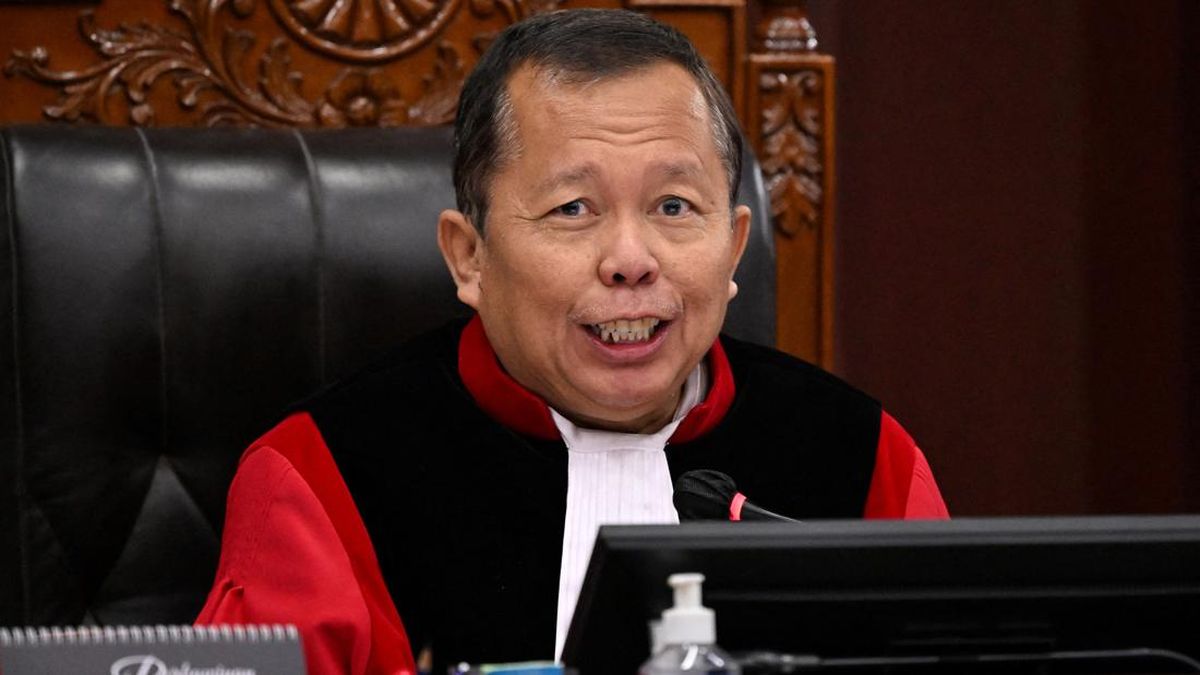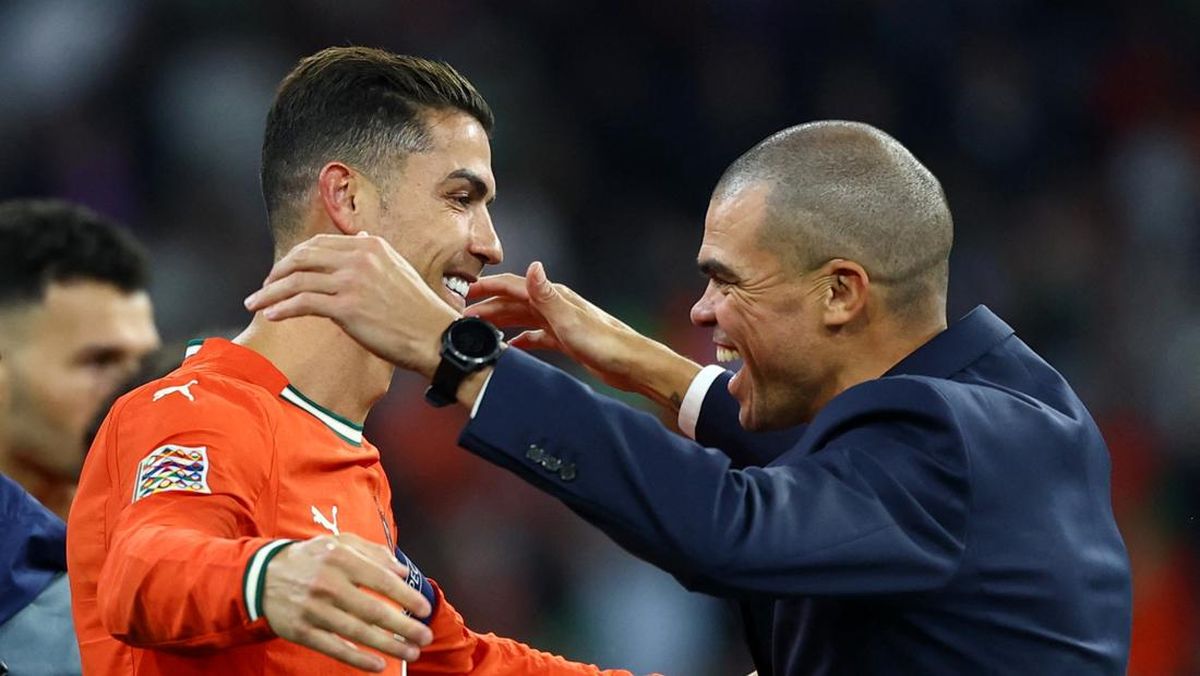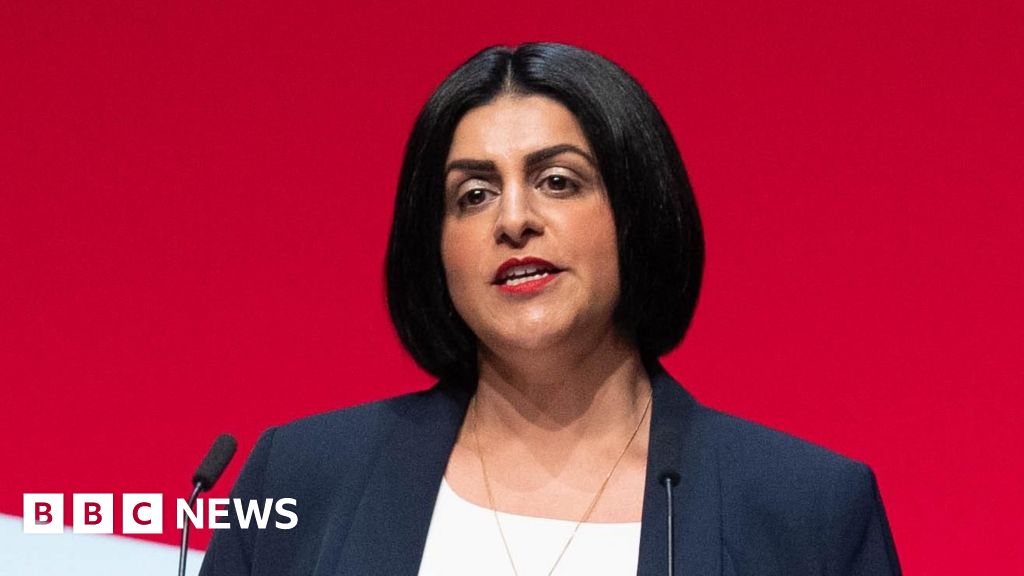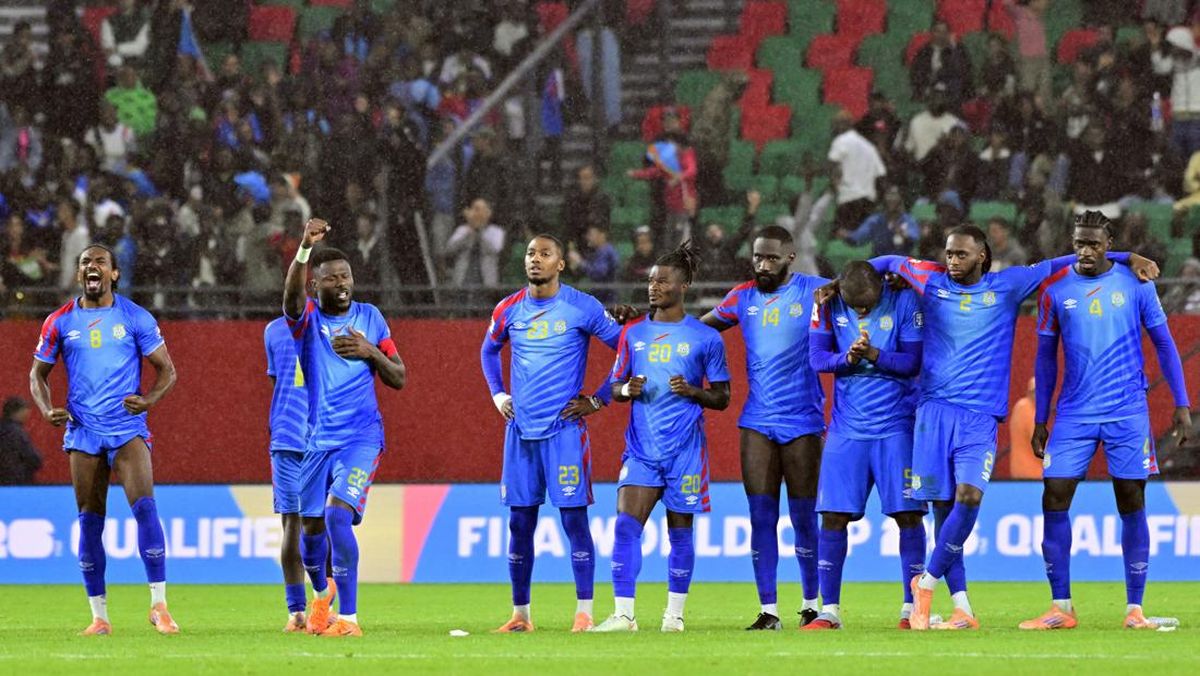What is the point of the Liberal Party’s Moderate faction?
It’s not an unfair question. After six months of infighting over net zero, the federal opposition has adopted the Nationals’ climate change policy.
And after months of internal warfare over climate policy, the press conference announcing a detente between the Liberals and Nationals felt like an anticlimax.

Opposition Leader Sussan Ley, Nationals leader David Littleproud and energy and emissions reduction spokesman Dan Tehan.Credit: Edwina Pickles
Some moderates, led by South Australian senator Anne Ruston, put up a fight on the prospect of a Coalition flagging to the voters that it could subsidise new coal plants one day, as part of its “technology neutral” approach.
Coal is the toughest sell for those Liberals who still hope to sway metropolitan voters, now that they’ve swallowed the plan to jettison net zero on the grudging proviso that they can still mention the Paris Agreement.
There was enough pushback from moderates on the call wondering how the hell they were going to answer questions to irritate the victorious conservatives, who had come to rubber-stamp the talking points.
“People think it’s us undermining Sussan, but now it’s the mods,” one conservative said.
The intervention on Sunday was too little, too late from the moderates. They had already lost this round of the Coalition’s climate wars.
Loading
Ley, flanked by Coalition energy and emissions reduction spokesman Dan Tehan and Nationals leader David Littleproud – who looked like the cat that had got the cream – fronted up to explain a six-page document that was, to put it politely, threadbare.
Coal will return, nuclear will be possible, and those nasty renewables will be built only in areas away from prime agricultural land in the Coalition’s future energy utopia. Asked why people would vote for the Coalition when so few details were available, Ley shot back.
“Because they’ll have a look at our plan and they’ll see that it will work because they’ll know that immediately it starts to put downward pressure on prices by being technology-agnostic about baseload power.”
If only the national energy market were that simple.
Just as they did on the Voice to parliament three years ago, the Nationals moved first and decisively at the start of November to abandon net zero by 2050, the junior coalition partner leading Ley and the Liberals by the nose to the same outcome.

Tim Wilson and Maria Kovacic are considering their options. Credit: Alex Ellinghausen
Several Moderates hinted at resigning in the lead-up to Sunday’s meeting and many more made their opposition to the actual policy clear – but so far, nobody has jumped and possibly nobody will.
Workplace relations spokesman Tim Wilson had flagged he will have more to say in the coming days about his future on the frontbench, as has Maria Kovacic, the assistant minister to Ley.
Housing spokesman Andrew Bragg last weekend suggested he might quit his portfolio if the Coalition abandoned the Paris Agreement and net zero; he got half of what he wanted and he won’t be going anywhere.
The NSW senator has also suggested the Coalition could now set more ambitious 2030 and 2035 emissions reduction targets than Labor, because the Paris Agreement doesn’t allow countries to pare back their targets.
Good luck winning that argument in this party room.
No one would pretend that resigning from the frontbench is an easy decision to take. Stepping back means a loss of staff, pay, prestige and a seat at the top table, which would allow them to help shape the direction and development of policy, including that other stalking horse, migration.
But it’s worth remembering that when the Liberals officially adopted a “no” position on the Voice, frontbencher Julian Leeser resigned as shadow attorney-general and Indigenous affairs spokesman, after taking a week to consider his options.
Loading
After a period on the backbench, when he even campaigned for the Yes case with the Albanese government, Leeser is back on the Coalition frontbench as education spokesman because he is a talent.
Wilson, Kovacic, Bragg and the rest of the moderates must weigh their political future, and that of Ley, in the coming weeks. Any resignation from the frontbench by one of her supporters would be damaging, potentially fatal for the opposition leader.
As that same conservative MP put it, after Sunday’s peacemaking meeting: “I think there is going to be a real consideration among the mods about what they do next. Do they find their own person, or do they choose between [Andrew] Hastie and [Angus] Taylor [as next Liberal leader]?“
And if the answer is Hastie or Taylor, once again, it would be fair to ask “what is the point of the Liberal Party’s Moderate faction?“
Cut through the noise of federal politics with news, views and expert analysis. Subscribers can sign up to our weekly Inside Politics newsletter.
Most Viewed in Politics
Loading


















































